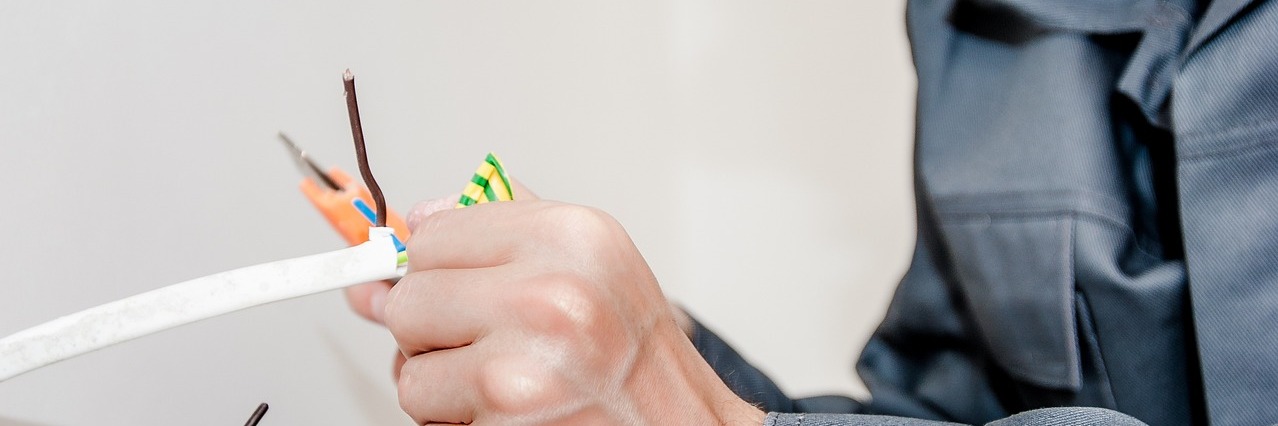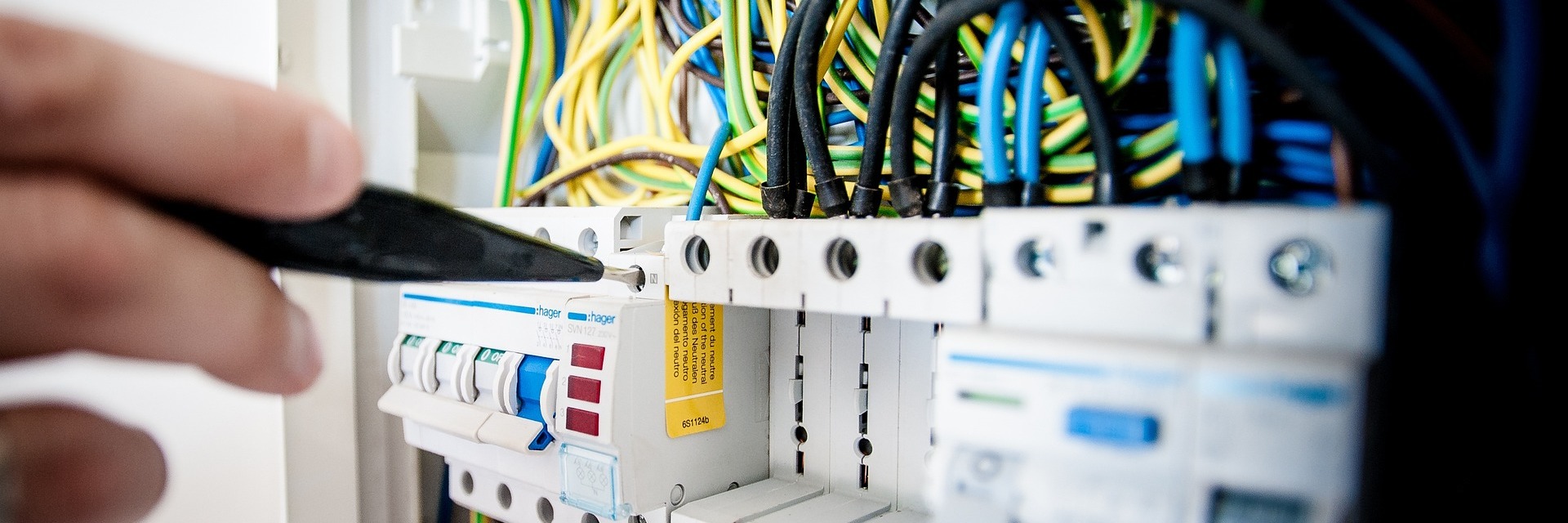Is Your Home Due for a Rewire?
Posted on 15th May 2023 at 15:03
As a homeowner, you rely on your electrical system to power your daily activities. From lighting up your rooms to running appliances and charging devices, electricity is an essential part of our modern lives. However, over time, electrical systems can become outdated, unsafe, or insufficient to meet the demands of today's technology. In such cases, a home rewire may be necessary. Let's delve into what a rewire entails and how it can benefit you.
What is a Home Rewire?
A home rewire, also known as rewiring or electrical rewiring, is the process of replacing and upgrading the electrical wiring and associated components in your home. This includes the wiring behind the walls, outlets, switches, circuit breakers, and the main electrical panel. The aim is to ensure that your electrical system meets current safety standards and can accommodate your electrical needs.
Why Might You Need a Rewire?

1) Outdated Wiring: If your home is several decades old and still has its original wiring, it is likely outdated. Older wiring systems, such as knob-and-tube or aluminum wiring, can pose safety hazards and may not be able to handle the electrical demands of modern appliances and electronics.
2) Safety Concerns: Faulty wiring can lead to electrical hazards like fires, electric shocks, and short circuits. If you frequently experience flickering lights, frequently blown fuses, or notice burning smells, it could be a sign of electrical problems that warrant a rewire.
3) Insufficient Power: If you find that your electrical system struggles to keep up with your power needs, such as frequent tripping of circuit breakers or dimming lights when multiple appliances are in use, it may be an indication that your wiring needs an upgrade to handle the increased load.
4) Home Renovations: If you're planning a major renovation or adding new rooms to your home, a rewire is often necessary to ensure that the electrical system can accommodate the additional electrical requirements of the expanded space.
Benefits of a Rewire

1) Enhanced Safety: A rewired home significantly reduces the risk of electrical hazards, providing peace of mind for you and your family. New wiring is designed to meet current safety standards and can better handle the demands of modern electrical appliances and devices.
2) Increased Electrical Capacity: Upgrading your electrical system through a rewire allows for increased power capacity. This means you can comfortably use multiple appliances simultaneously without overloading circuits, reducing the risk of tripped breakers or power outages.
3) Improved Energy Efficiency: Newer electrical systems are more energy-efficient, meaning they consume less electricity, which can translate into cost savings on your energy bills.
4) Modern Convenience: Rewiring your home provides an opportunity to add more electrical outlets, switches, and other modern features that enhance convenience and functionality.
5) Compliance with Electrical Codes: Electrical codes and regulations change over time to ensure safety. A rewire brings your home up to code, which is particularly important if you plan to sell your home in the future, as it demonstrates that the electrical system meets the required standards.
A home rewire is a significant investment that offers long-term benefits in terms of safety, efficiency, and functionality. If you suspect that your home's electrical system is outdated, unsafe, or struggling to meet your needs, get in touch with LSB Electrical Solutions. We will assess your electrical system and recommend the appropriate course of action. Remember, electrical work should always be performed by a qualified professional to ensure safety and compliance.
Tagged as: Rewire
Share this post:






